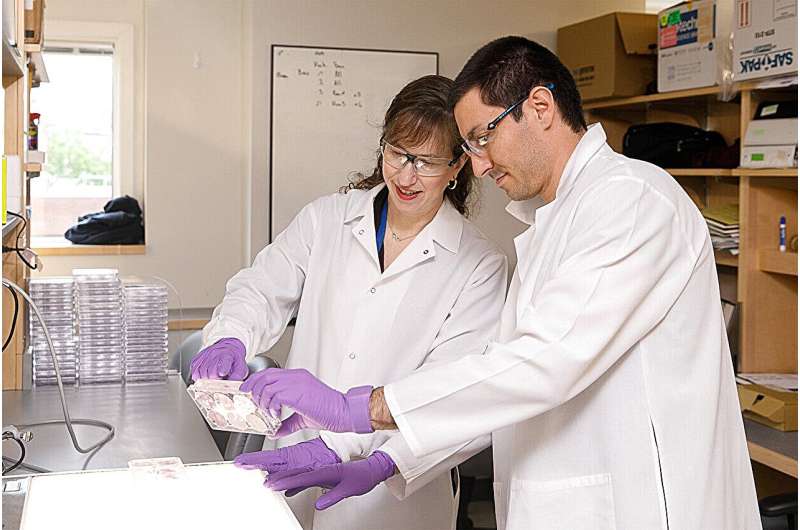While PCR (polymerase chain reaction) tests are the gold standard for detecting viral infections, they remain a challenge for screening large numbers of people in places vulnerable to outbreaks—such as health care centers and nursing homes—due to high costs and the fact that different tests are required for each virus.
A new Yale study, however, finds that an alternate strategy—using a nasal swab to screen for an antiviral protein produced by the body as a defense against infection—can be an effective method for ruling out respiratory infections, limiting PCR testing only to those most likely to be infected, at a fraction of the cost.
The study is published in eBiomedicine.
By comparing the results from both PCR tests and screenings for the immunological biomarker in more than 1,000 people (including children and adults, some who had a viral infection, and some who did not), the researchers found that using the less-costly screening test would enable a 10-fold or greater reduction in the need for PCR tests.

